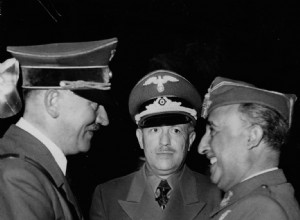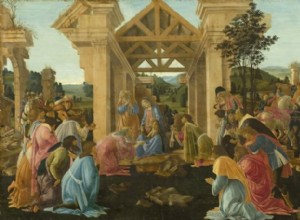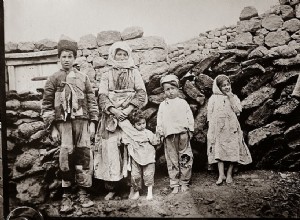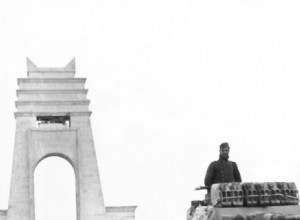The May 8 report by Martínez Campos When the Civil War ended, the Nationalist Army became what the regime called the Army of Peace, reducing its size from an equivalent of about 57 divisions to 25. In April 1940 the reorganization of the Spanish divisions was completed. The authorities of the regime




